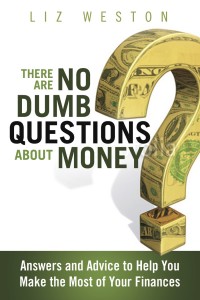Dear Liz: I have a friend who owes $30,000 in credit card debt. I suggested he see a financial advisor who can help him to get out of this situation, but he never finds the time to do it. He pays all his bills on time, but only the minimum required, and there’s nothing left for him to save for his old age. He has a good-paying job but still struggles financially. How can we help him?
Answer: If your friend can pay only the minimum on his debt and can’t save for retirement, he’s in a deeper hole than he probably realizes. Many people in his situation wind up filing for bankruptcy, often after years of throwing money at impossible-to-pay debt.
Your friend should make two appointments: one with a legitimate credit counselor (referrals from the National Foundation for Credit Counseling at www.nfcc.org) and another with an experienced bankruptcy attorney (referrals from the National Assn. of Consumer Bankruptcy Attorneys at www.nacba.org).
The credit counselor will review his financial situation and see whether he qualifies for a low-interest repayment program that would allow him to pay off his debt within five years. The bankruptcy attorney will let him know whether bankruptcy might be the better option.
As a friend, you can pass these suggestions along to him, and even offer to go with him to one or both appointments if he’s comfortable with that idea. But you can’t force him to face reality or take any action until he’s ready to do so. One thing you definitely shouldn’t do is lend him money. He’s not managing the debt he has, and you don’t want your loan winding up with the rest of his bills in Bankruptcy Court.
